Opinion: Football needs more women like Stephanie Frappart
By DW
16 August 2019 |
10:09 am
Football, a man's game? For decades people said it. But women have been helping to shape the sport for ages. Now, Joscha Weber argues, it's time for this to become more apparent with people like Stephanie Frappart.
Related
Related
3 days ago
World Athletics has broken ranks with other sports federations in opting to pay athletes bonuses for medals at the 2024 Paris Olympics. Some deem this a breach of the Olympic spirit, while others think it’s long overdue.
2 days ago
Find these stories and much more when you grab a copy of The Guardian on Wednesday.
1 day ago
Tunde Onakoya, the Nigerian Chess expert who smashed the previous Guinness World Record for the longest chess marathon has returned to Nigeria. The founder of Chess In Slums Africa broke a new record of 60 hours of playtime in New York’s Times Square last Saturday, which is still receiving confirmation from GWR.
1 day ago
Find these stories and much more when you grab a copy of The Guardian on Thursday.
5 hours ago
After years of a successful sporting career, Nigeria’s four-time kickboxing gold medalist, Jibrin Inuwa Baba, pays homage to his town Kano where he meets his coach at the Dambe boxing arena. His hope is to see young athletes equally succeed in their boxing career.
4 hours ago
Tiger Woods is set to receive an equity bonus in the region of $100 million for staying on the PGA Tour rather than moving to LIV Golf. 193 of the tour’s golfers will receive the payment, which is funded by the Strategic Sports Group, which has invested $1.5 billion into the Tour.
Latest
25 mins ago
Taiwan's claim to be a regional bastion of human rights is undermined by its retention of capital punishment, activists say as they campaign to exonerate the island's oldest death row prisoner.
25 mins ago
Thousands of people in Portugal are marking the fiftieth anniversary of the country's Carnation Revolution – a military coup that put an end to Europe's longest dictatorship and to 13 years of colonial wars in Africa.
25 mins ago
Antony Blinken arrived in China for his second visit in a year to discuss a range of issues amid rising tensions between the two countries.
1 hour ago
Police in Germany have arrested a staff member of the German far-right Alternative for Germany party. Prosecutors say the individual was spying on behalf of China.
1 hour ago
Russia's invasion of Ukraine has pushed enlargement back on top of Europe's agenda. But taking in new members would strain the bloc's budget.
×

Get the latest news delivered straight to your inbox every day of the week. Stay informed with the Guardian’s leading coverage of Nigerian and world news, business, technology and sports.





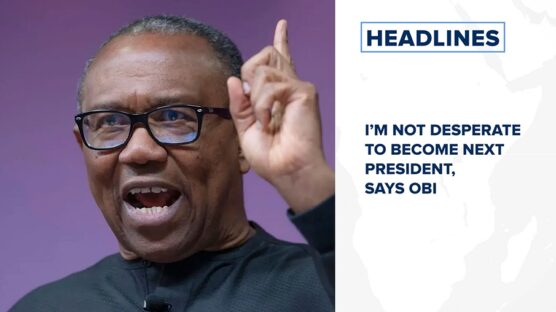
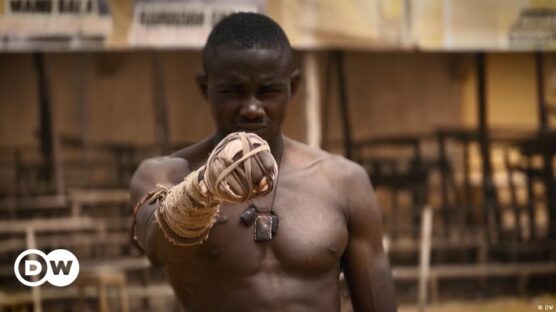
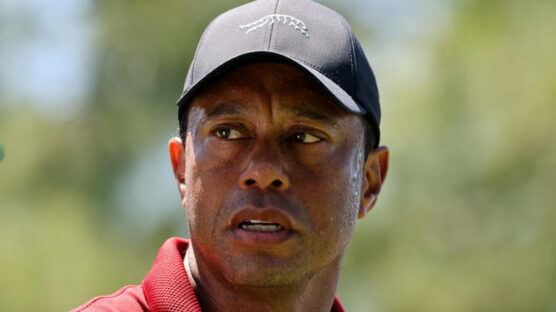




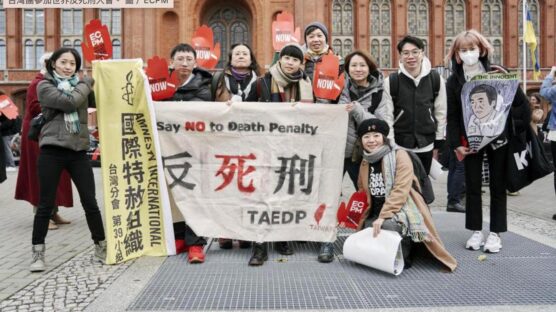

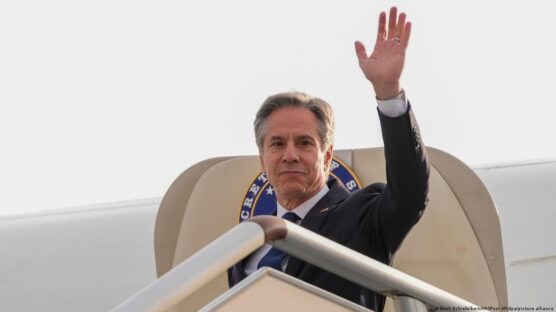
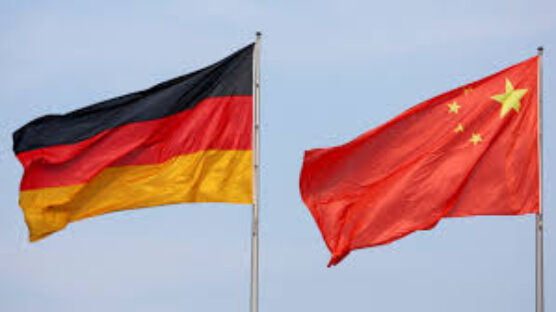

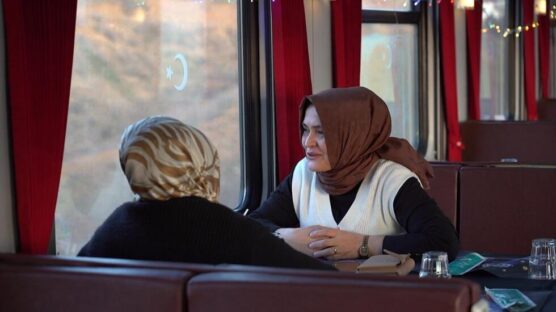
0 Comments
We will review and take appropriate action.